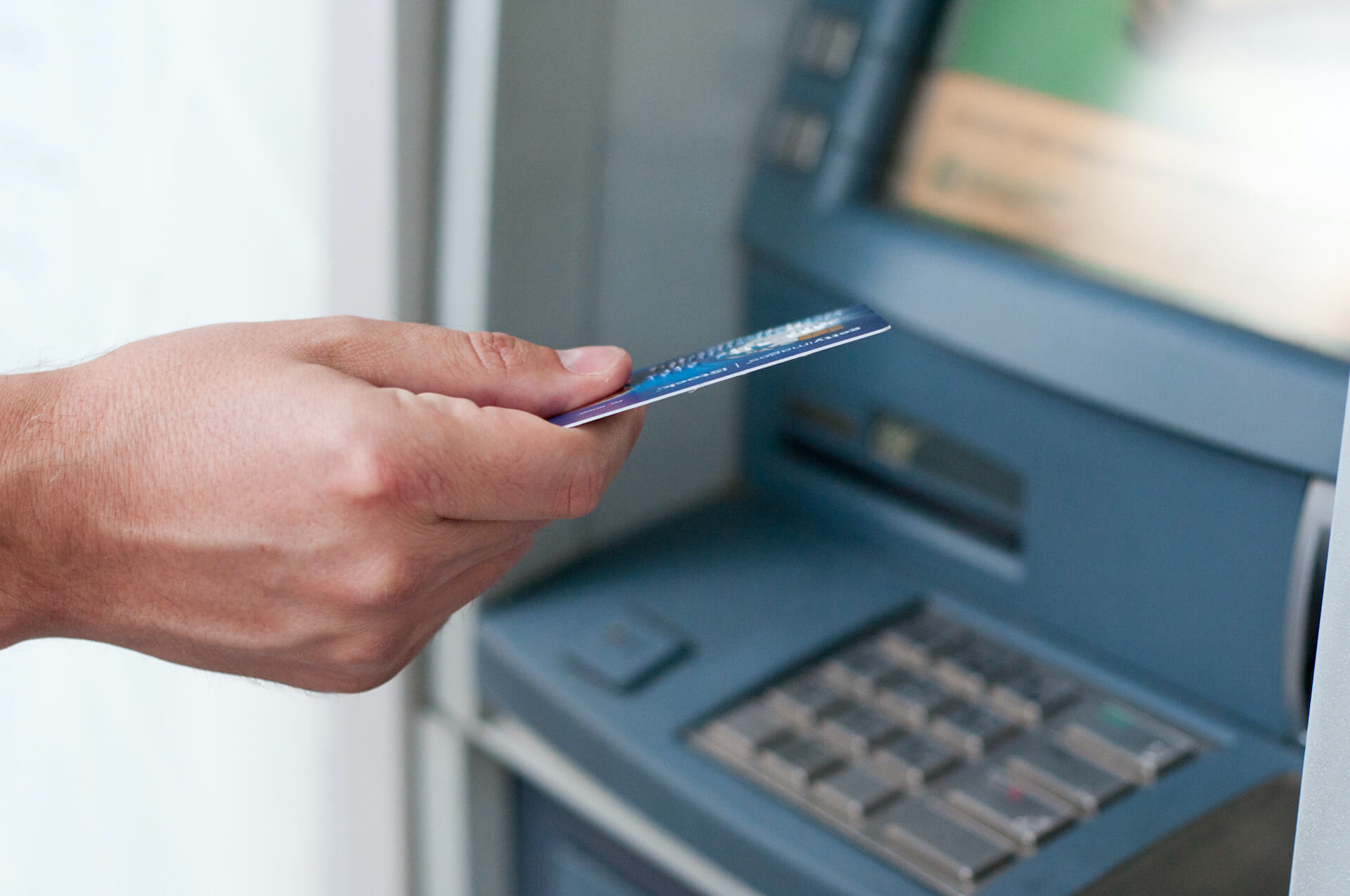Livelihoods
Cash Assistance and Workplace Support
Cash Assistance
In exceptional cases, UNHCR works with two partner NGOs to provide short-term cash assistance to extremely vulnerable refugee and asylum-seeking households who have no other means to meet their basic needs. These NGOs, Tzu-Chi Foundation (TCF) and Malaysian Relief Agency (MRA), help UNHCR assess the needs of these households and provide the cash assistance to those with the greatest needs.
UNHCR is unable to provide long-term assistance. Cash assistance is temporary. Eligible households usually receive assistance for one to three months to cover their basic needs. Cash assistance is not available for medical costs, but please read the health services page for information on financial assistance for hospital or surgery costs.
UNHCR receives requests for financial assistance directly from refugees and asylum-seekers or through referrals from partners, service providers, and refugee community organisations. If you have no other means to make a request, you can submit this online form.
Requests are prioritized for assessment based on many factors, including a household’s ability to generate income, specific needs, the household size, and urgency. Not all requests are assessed. If you do not hear from our partners within two months, you can assume that your request will not be assessed and that no cash assistance can be provided to you.
If your request is to be assessed, you will be contacted by TCF or MRA. They will then arrange for a house visit to conduct the assessment. If the COVID-19 situation worsens, assessments may be done by phone instead of house visits.
TCF or MRA will visit you at your home and conduct a brief interview about your living situation and challenges you may be experiencing. TCF or MRA will inform you of the outcome of the assessment within one month of interviewing you. If you are eligible for cash assistance, they will then make an appointment to meet with you for the distribution of cash assistance. You will also be informed by the partner if you have been found ineligible for cash assistance.
If you have received cash assistance before or were previously assessed but found ineligible and would like to apply again, you can submit a new application. You may be referred for another eligibility assessment, but requests from other refugees and asylum-seekers that have yet to be assessed will be prioritised over those who have previously been assessed and/or have already received assistance.
If you were previously assessed to be ineligible for cash assistance, a new application will not be assessed unless there have been significant changes in your living situation, such as deteriorating living or health conditions or loss of income.
Opening a Bank Account
UNHCR cannot open bank accounts for refugees and asylum-seekers. Refugees and asylum-seekers can directly approach banks to apply for a bank account, but will need to show the following documents at the bank:
- Original UNHCR identity document with validity of more than six months.
- Supporting letter from employer following this template.
- Supporting letter from UNHCR
Proof of employment is usually required to apply for a bank account. If you are unable to produce this, you will need to check with the bank branch if you can provide other supporting documents.
Not all banks will allow refugees and asylum-seekers to open bank accounts, but CIMB Bank do consider individual requests from refugees and asylum-seekers. You should approach the bank branch where your employer has opened a bank account, or the bank branch nearest to your workplace or home. You will need to find a bank branch that will accept your application by walking in and making an enquiry at the bank counter.
The approval or rejection of your application with the bank is up to the bank branch itself. UNHCR cannot support you in this process. If a branch has rejected your application, you may consider approaching a different branch, or consider other options such as non-bank financial service providers. There are several non-bank financial service providers regulated by the Central Bank of Malaysia (BNM) who offer services such as e-wallets and VISA or Mastercard prepaid cards.
Please fill in this form if you want to request a UNHCR supporting letter for the purpose of bank account opening, or if you already have a bank account and requires UNHCR’s assistance to resolve an issue with your bank, please provide the bank branch contact information, such as the name and email address of the bank staff.
Workplace Problems
UNHCR works with a range of partners to provide support to individuals who have workplace or employment disputes, such as:
- You are not paid by your employer for the work you have done
- Your salary is unfairly deducted by your employer
- You have been dismissed by your employer without a good reason
- You are physically or mentally abused by your employer
- Your employer is withholding your UNHCR documents of other property and is refusing to return it to you
If you have experienced problems like these in your workplace, or require advice on labour issues, you can approach the following service providers:
Hotlines: +60322015438 / +60322015439 / +60172094059 (WhatsApp)
Operating Hours: 9:00am-3:00pm, Monday to Friday
24-hour Hotline: +6012 335 0512 / +6012 339 5350
If you have experienced harm at the hands of your employer, you are encouraged to lodge a police report. If you have experienced gender-based violence or abuse at your workplace, please read the gender-based violence page to learn about available support.
If you do reach out to a service provider, they will find it helpful if you can provide employment information such as:
- Job duties
- Registered name of the company/business
- Employer’s name and contact number
- Workplace address
- Start and stop work dates
- Number of leave days/month and number of hours worked per week
- Salary amount and overtime payment rate
- Number of employees working in the company
You should also try to keep any documents related to your work, such as:
- Employment contract
- Pay-slips
- Agents’ contract
- Timecard
Information for Businesses
Businesses in Malaysia often ask whether UNHCR identity documents serve as work permits. UNHCR identity documents serve only one purpose: to recognize a refugee and asylum-seeker’s need for international protection and protect the individual from the risk of being returned to his/her country of origin where their freedom or lives may be endangered. UNHCR identity documents do not serve as driving licenses, travel documents, or residency or work permits. They also do not give the holder immunity from the law.
UNHCR identity cards can be verified by anyone who downloads the UNHCR Verify Plus mobile application, through the following steps:
- Search for and download “UNHCR Verify Plus” in the Google Play Store or Apple App Store
- Sign in to the application with your email address
- Point camera towards QR code displayed on the physical UNHCR identity card at hand (QR codes on scanned copies or photocopies of UNHCR identity card may not work depending on the quality of the scan or photocopy)
- Verify if details displayed in the application match the details on the UNHCR identity card
Using the Verify Plus application is the only way to verify UNHCR identity documents. UNHCR is unable to separately verify individual UNHCR identity documents.
Livelihood Related Materials
Employment Disputes


